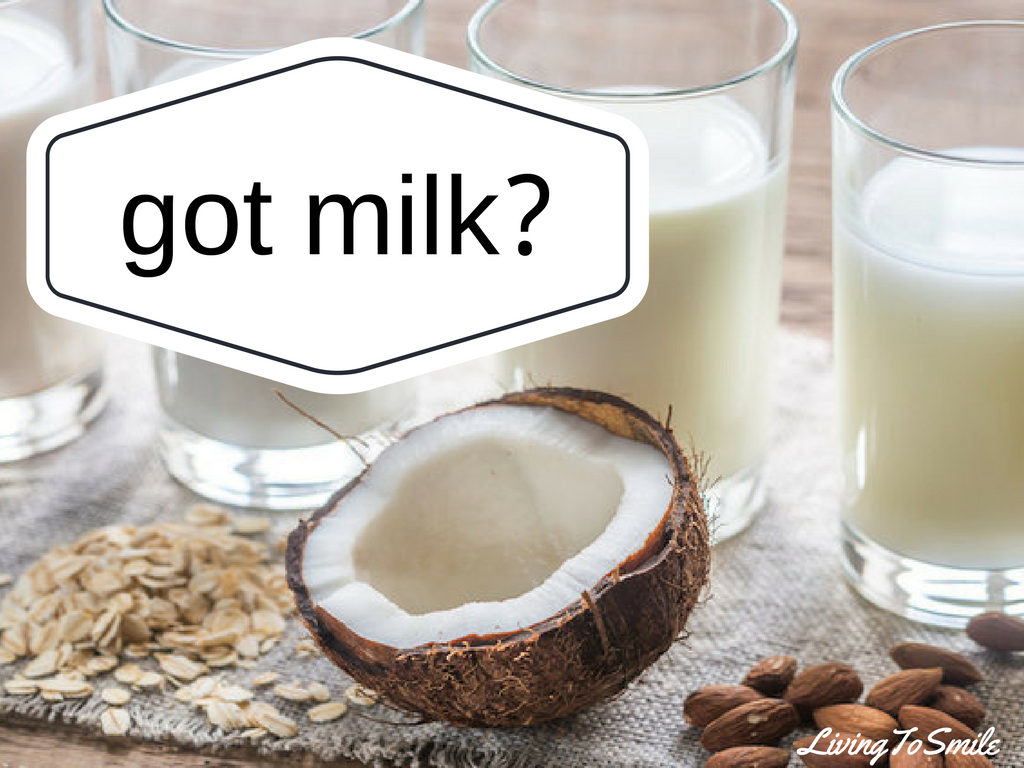Let’s face it, when it comes to dairy milk alternatives, we know what we are buying and we don’t want it called “nut juice”. Although the word milk has been used for nearly a thousand years to describe the nutritious liquids from plants, a group of dairy-driven politicians are trying to pass a bill that would define milk as only being from a cow. The Dairy Pride Act seeks to ban the use of words like “milk”, “cheese” and “yogurt” from any products that don’t come from an animal. With milk sales plummeting nationwide, and plant-based milk sales soaring, the Dairy Pride Act is a desperate move to rationalize declining sales.
As milk, and dairy in general, is increasingly tied to breast cancer, prostate cancer, MS, Parkinson’s Disease and a number of other serious illnesses, Big Dairy is trying to shift the blame, and it’s not working. History is clearly against the Dairy Pride Act. Almond milk is now the biggest player in the dairy-alternative milk market, and it’s been a popular staple for at least 900 years. In fact, in the middle ages, it was more common than cow’s milk because dairy spoiled quickly. Every dictionary available includes milk as being from both animals and plants. It’s only the FDA that defines milk as “lacteal secretions.” Lacteal secretions? <gag>
While I agree wholeheartedly with supporting specific products made by traditional means or in a specific region, such as food names protected by the European Union, like Paragiano-Reggiano, trying to protect a general term like “milk” and say it only comes from cows is downright obnoxious. It is clear the public is drinking less and less cow’s milk. The decades of marketing lies by the Big Dairy just don’t add up against modern science, and people aren’t buying it- literally.
Meanwhile, alternatives to dairy-based products are taking off. Dairy-free cheeses, milks, yogurts, and everything else you can imagine are popping up everywhere. And unlike their “lacteal secretion” competition, dairy-free products are actually good for you. There is no justifying the Dairy Pride Act. There is no pride in selling products that are linked to cancer and other harmful ailments. Dairy-free is here to stay and consumers are smart enough to know what they want when they shop, and for obvious reasons, we don’t want a product called “nut juice”.



